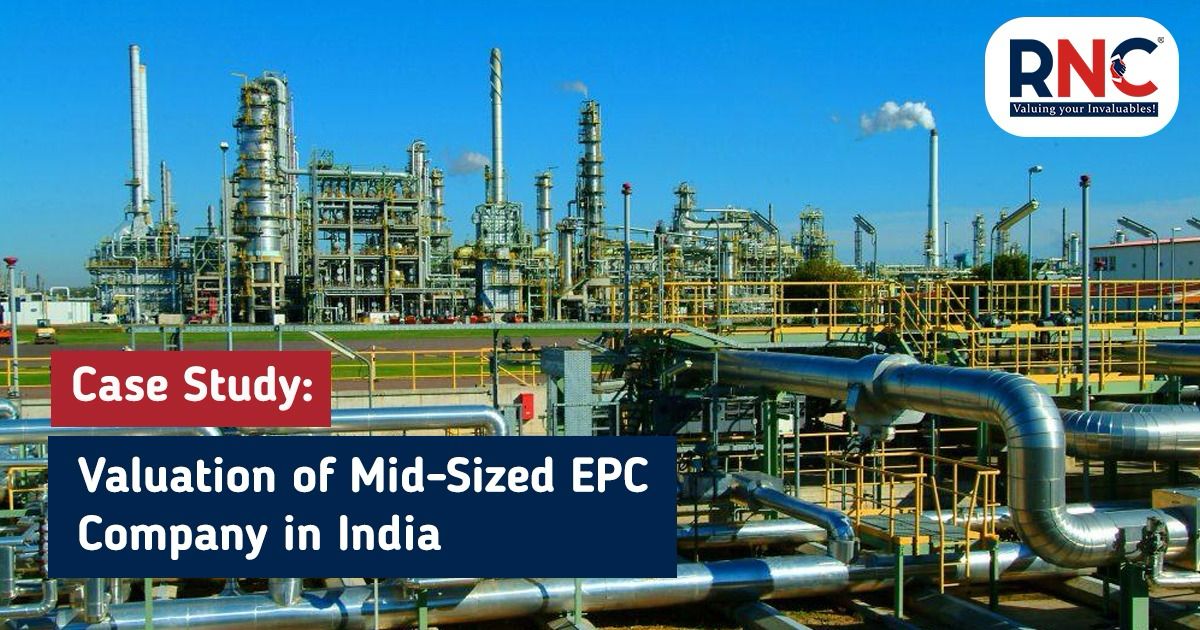
Introduction:
A mid-sized EPC company in India, specializing in infrastructure projects is undergoing a thorough business valuation to ascertain its fair market value for potential strategic partnerships, mergers, or acquisitions. However, the valuation process faces various questions.
Questions Arise:
- How to value a complex project mix with varying risk profiles and revenue streams?
- Are relationships with key clients stable, considering a significant portion of revenue comes from them?
- Can economic fluctuations, regulatory changes, and market trends impact the company’s valuation?
- Are the company’s assets accurately valued given technological advancements and evolving industry standards?
Answers Written Down:
- Engage experienced EPC project valuation experts, utilizing methods like DCF, CCA, and precedent transactions to account for project diversity.
- Conduct thorough client risk analysis, mitigating risks through diversification strategies, and establish long-term contracts for revenue predictability.
- Implement sensitivity analysis in the valuation model to assess market fluctuations’ impact, adapting strategies for resilience and sustained growth.
- Regularly appraise assets with third-party experts to ensure fair market value aligns with book value. Stay updated on industry best practices for specialized asset valuation in the EPC sector.
Read More Case studies :
Journey of an Ed-Tech Company : Success, Decline, and Lessons
Unicorn Company Valuation: Case Study
Case Study for Valuation of Thermal Power Plant
FAQs:
1.What is an EPC company?
An EPC (Engineering, Procurement, and Construction) company manages the design, procurement of materials, and construction of infrastructure or industrial projects.
2. Why is valuation important for mid-sized EPC companies?
Valuation helps EPC companies determine their market worth, attract investors, support mergers and acquisitions, comply with regulatory requirements, and guide strategic planning.
3. What methods are commonly used to value EPC companies?
Valuation methods for EPC firms often include Discounted Cash Flow (DCF), Comparable Company Analysis (CCA), and Net Asset Value (NAV), depending on the company’s financial profile and project pipeline.
4. What are key factors impacting the valuation of EPC companies?
Key factors include project backlog, margins, working capital cycles, creditworthiness, contractual risks, and regulatory environment in India.
5. Who should perform valuation of EPC companies?
Valuation should be conducted by qualified and certified professionals, such as Registered Valuers under the Insolvency and Bankruptcy Board of India (IBBI), ensuring compliance and credibility.
